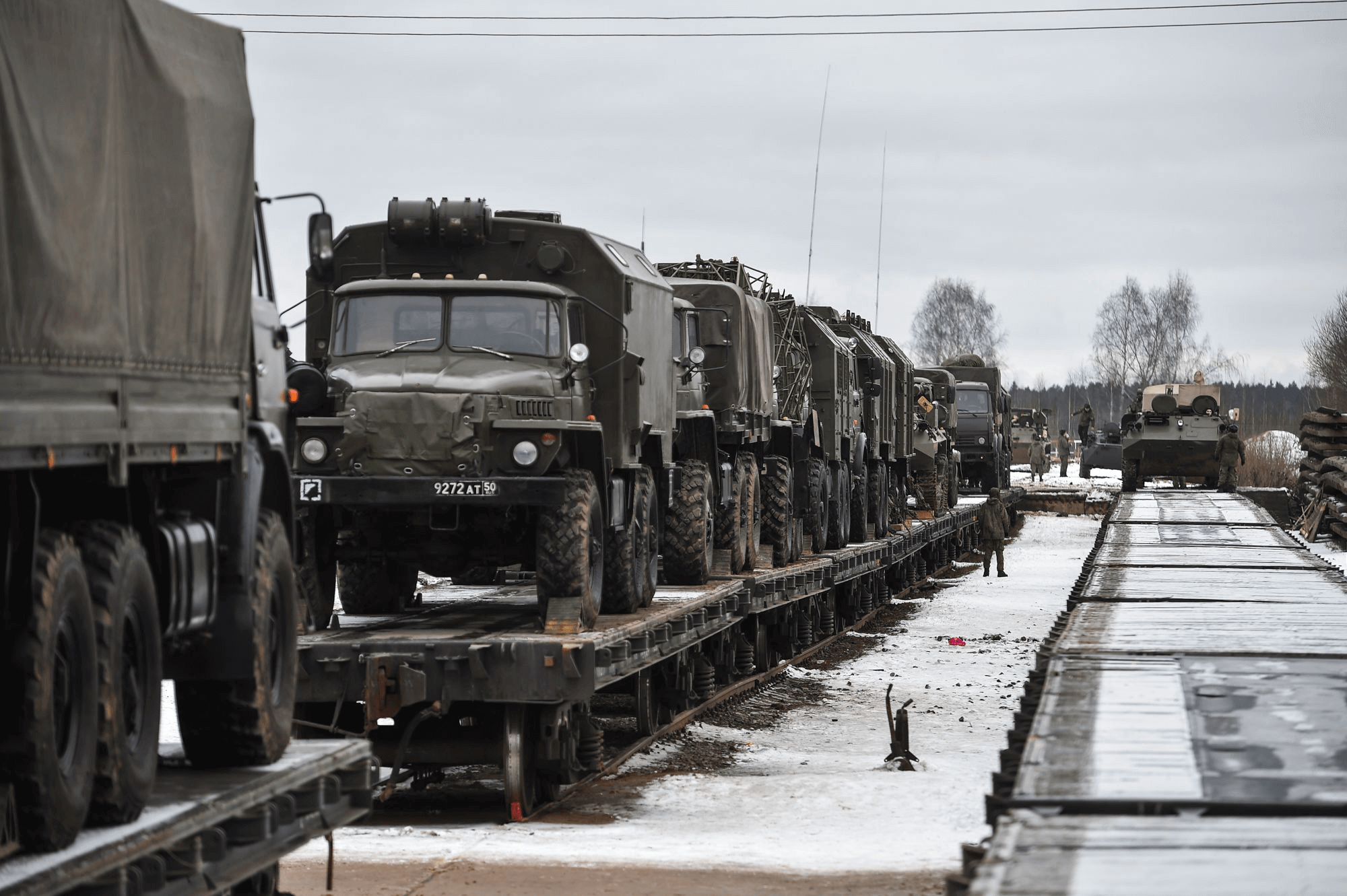Muchos analistas han identificado las fallas en el sistema ruso de logística y mantenimiento como un factor clave en el bajo desempeño de Rusia en Ucrania en 2022. En este informe, el autor presenta una breve descripción general del sistema ruso de logística y mantenimiento de materiales y sus problemas identificados por autores rusos antes de febrero de 2022, seguidos de información sobre cuestiones de logística y mantenimiento durante los primeros tres meses de guerra.
Failures in the Russian logistics and maintenance system have been identified in several open-source reports as a key factor in Russia’s underperformance in Ukraine in 2022. Despite the renewed interest in the topic, Russia’s military logistics and sustainment remains an under-researched area of study in the West. In this report, the author presents a brief overview of Russia’s material logistics and sustainment system and its problems as identified by Russian authors prior to February 2022. The author also presents some preliminary insights into the early stages of the Russia-Ukraine war of 2022 prior to the delivery of longer-range Western weapons to Ukraine.
To better describe Russian concepts related to logistics and sustainment, the author reviewed dozens of unclassified documents and articles, including relevant Russian legislation, articles from Russian military-scientific publications and encyclopedias, and media reports. The documents that the author reviewed were primarily, although not exclusively, Russian-language sources. They were identified through searching databases of Russian scholarly articles and through reference mining. The author used sources published between 2015 and 2022 to reflect information that is relevant to the state of the Russian military following the latest military reforms of the past decade.
Although there is an ample body of analytical and research knowledge on the problems, challenges, and solutions to Russia’s logistics and sustainment issues, it is unclear to what extent the military decisionmakers apply the research in practical problem-solving.
Key Findings
- Russia’s long-term logistics and sustainment challenges include such systemic issues as resource inefficiency in the military and the defense industry; large numbers of inadequate warehousing for fuel and food; unsuccessful, partially implemented, or ongoing reforms in military logistics and sustainment; and corruption.
- Russia has a large and elaborate military logistics and sustainment system. Although Russia had been increasingly exercising some parts of its logistics and sustainment system prior to the 2022 war with Ukraine, it lacked recent experience with supporting a large-scale ground operation.
- The performance of the Russian military sustainment and logistics system in Ukraine in 2022 displayed fundamental flaws in operational design and significant force employment issues.
- The reasons for Russia’s dire initial logistics performance in Ukraine must be viewed as part of the larger, poorly planned and executed operation. The extreme secrecy of the initial war plan resulted in many units not having enough time to plan and execute the operation.
- Large-scale ground operations by Russian forces in Ukraine will likely continue to present lucrative opportunities for long-range strikes to disrupt logistics because of the continued Russian reliance on rail for high-bandwidth resupply and the need to move vast quantities of bulky unguided artillery ammunition for fire support.
- Russia’s military logistics and sustainment system would benefit from further research into potential limitations and vulnerabilities. As with studying other aspects of foreign militaries, the logistics and sustainment system needs to be considered with an understanding of the broader military planning, political, cultural, industrial, and other dimensions of Russia.
Fuente: https://www.rand.org


